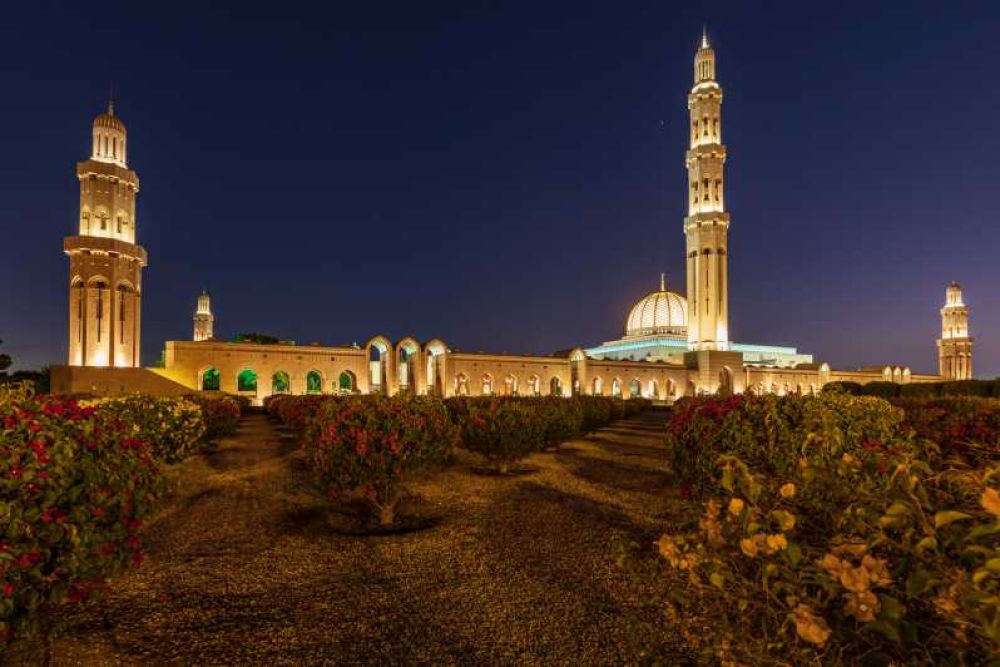

The Royal Opera House Muscat stands as a prestigious landmark and a testament to the Sultanate of Oman's commitment to cultural development. Commissioned by His Majesty Sultan Qaboos bin Said al Said, a known patron of classical music and arts, the Opera House was inaugurated on October 12, 2011. It holds the distinction of being the first opera house in the Gulf region, symbolizing Oman's progressive vision in blending art and culture with economic development.
The history of tourism in Muscat intricately intertwines with the establishment of the Royal Opera House Muscat (ROHM). As a structure, it is an architectural masterpiece that combines modern technology with traditional Omani craftsmanship, reflecting the country’s cultural values and openness to global art forms. The ROHM has played an instrumental role in putting Oman on the global map as a destination for high-end cultural tourism.
Since its opening, ROHM has hosted numerous operatic, ballet, and symphonic performances, featuring international artists and ensembles, which have significantly boosted cultural tourism in the region. The Opera House has also spurred interest in the performing arts within Oman, leading to educational initiatives and community programs that aim to foster local talent.
Recent trends in tourism at the Royal Opera House Muscat include the integration of virtual tours and interactive experiences, allowing visitors from around the world to explore its majestic halls and state-of-the-art facilities. Additionally, there has been a concerted effort to diversify the performances, including non-traditional genres such as jazz and world music, to attract a broader audience.
In light of global environmental concerns, sustainable tourism practices have also been adopted, with the Opera House taking measures to reduce its carbon footprint and promote eco-friendly initiatives. These practices align with the latest trends in responsible tourism that have been gaining momentum globally.
The future of tourism at the Royal Opera House Muscat looks promising. The institution continues to develop new programs that attract visitors and nurture the local arts scene. Plans to expand its cultural offerings and collaborate with international theaters and festivals are likely to enhance its status as a premier destination for arts and culture.
The Royal Opera House Muscat is not just a venue for exceptional performances but also a symbol of Oman's dedication to embracing global cultural dialogues while honoring its rich heritage – serving as a bridge that connects the past with the future of tourism in the Sultanate of Oman.